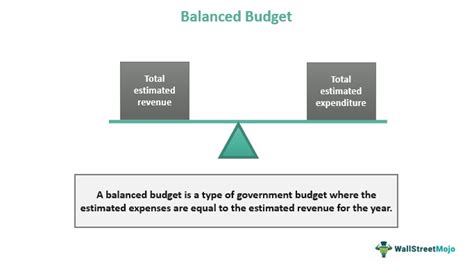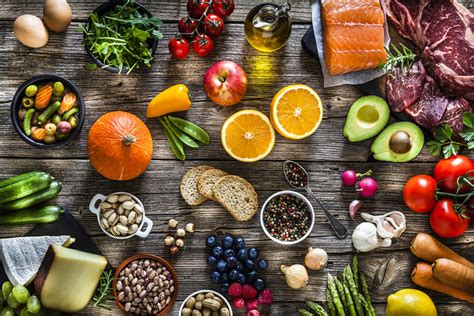For peak male performance: What nutrition plan optimizes energy & boosts testosterone?

Fueling Peak Male Performance: The Nutritional Blueprint
Achieving peak male performance isn’t just about physical training; it’s profoundly influenced by what you put on your plate. A well-crafted nutrition plan can be the cornerstone for sustained energy, enhanced mental clarity, and crucially, optimized testosterone levels. This article delves into the specific dietary strategies and key nutrients essential for men striving for their best physical and mental state.

The Foundation: Macronutrient Balance for Hormonal Health and Energy
Your body requires a precise balance of macronutrients – proteins, fats, and carbohydrates – to function optimally, especially when it comes to hormone production and energy metabolism.
Prioritizing Quality Protein
Protein is vital for muscle repair, growth, and the synthesis of enzymes and hormones. Aim for high-quality sources that provide a complete amino acid profile. These include lean meats (chicken, turkey, beef), eggs, dairy (Greek yogurt, cottage cheese), and plant-based options like lentils, beans, and quinoa. Adequate protein intake helps stabilize blood sugar, preventing energy dips, and supports the building blocks for testosterone.
Embracing Healthy Fats
Often misunderstood, healthy fats are critical for male hormonal health. Cholesterol, derived from dietary fats, is a precursor to testosterone. Focus on monounsaturated fats (avocado, olive oil, nuts), polyunsaturated fats, especially omega-3s (fatty fish like salmon, flaxseeds, chia seeds), and some saturated fat from whole foods in moderation. These fats reduce inflammation and provide a dense energy source.
Smart Carbohydrate Choices
Carbohydrates are your body’s primary energy source. Opt for complex carbohydrates over refined sugars to ensure sustained energy release and avoid insulin spikes. Whole grains (oats, brown rice, whole wheat), fruits, and vegetables provide fiber, vitamins, and minerals alongside their energy content. Timing your carb intake around workouts can also optimize performance and recovery.

Key Micronutrients for Testosterone & Energy Optimization
Beyond macronutrients, specific vitamins and minerals play direct roles in testosterone synthesis and overall energy production.
Zinc: The Testosterone Mineral
Zinc is indispensable for testosterone production. Deficiency can lead to lower levels. Rich sources include oysters, red meat, poultry, beans, nuts, and fortified cereals.
Vitamin D: The Sunshine Hormone
More than just a vitamin, Vitamin D acts as a steroid hormone in the body and is strongly linked to testosterone levels. Sun exposure is the best source, but dietary options include fatty fish, fortified milk, and eggs.
Magnesium: Muscle and Hormone Support
Magnesium is involved in over 300 biochemical reactions, including energy production and muscle function. Studies show it can positively impact free and total testosterone levels. Find it in leafy greens, nuts, seeds, whole grains, and dark chocolate.
B Vitamins: Energy Powerhouses
B vitamins, particularly B6, B12, and folate, are crucial for energy metabolism and red blood cell formation, which transports oxygen throughout the body. Sources include meat, fish, eggs, dairy, and leafy greens.
Omega-3 Fatty Acids: Anti-inflammatory Boost
While discussed under fats, their specific role as anti-inflammatory agents and their contribution to cell membrane health make them vital for overall hormonal balance and energy. Include fatty fish, flaxseeds, chia seeds, and walnuts.

Foods to Prioritize in Your Diet
- Leafy Greens (Spinach, Kale): Rich in magnesium, zinc, and antioxidants.
- Berries (Blueberries, Raspberries): High in antioxidants, support cellular health.
- Fatty Fish (Salmon, Mackerel): Excellent source of omega-3s and Vitamin D.
- Nuts and Seeds (Almonds, Walnuts, Pumpkin Seeds): Provide healthy fats, zinc, and magnesium.
- Lean Proteins (Chicken Breast, Turkey, Eggs): Essential amino acids for muscle and hormone synthesis.
- Cruciferous Vegetables (Broccoli, Brussels Sprouts): Help with estrogen metabolism, which can indirectly support testosterone.
- Avocado: Healthy monounsaturated fats, B vitamins.

Foods to Limit or Avoid
Just as important as what you eat is what you limit. Processed foods, excessive sugar, trans fats, and overconsumption of alcohol can negatively impact energy levels and disrupt hormonal balance, potentially lowering testosterone.
Hydration and Meal Timing
Don’t underestimate the power of hydration. Adequate water intake is critical for every bodily function, including metabolism and nutrient transport, which directly impacts energy. Aim for at least 8-10 glasses of water daily. Additionally, strategic meal timing, such as consuming balanced meals every 3-4 hours, can help maintain stable blood sugar and energy levels throughout the day.

Conclusion
Optimizing male performance, energy, and testosterone through nutrition is a comprehensive endeavor. By focusing on a balanced intake of high-quality macronutrients, ensuring adequate micronutrient consumption, prioritizing whole foods, and maintaining proper hydration, men can significantly enhance their physical and mental vitality. Remember, nutrition is just one pillar; combining it with regular exercise, sufficient sleep, and stress management will create the ultimate blueprint for peak performance.









